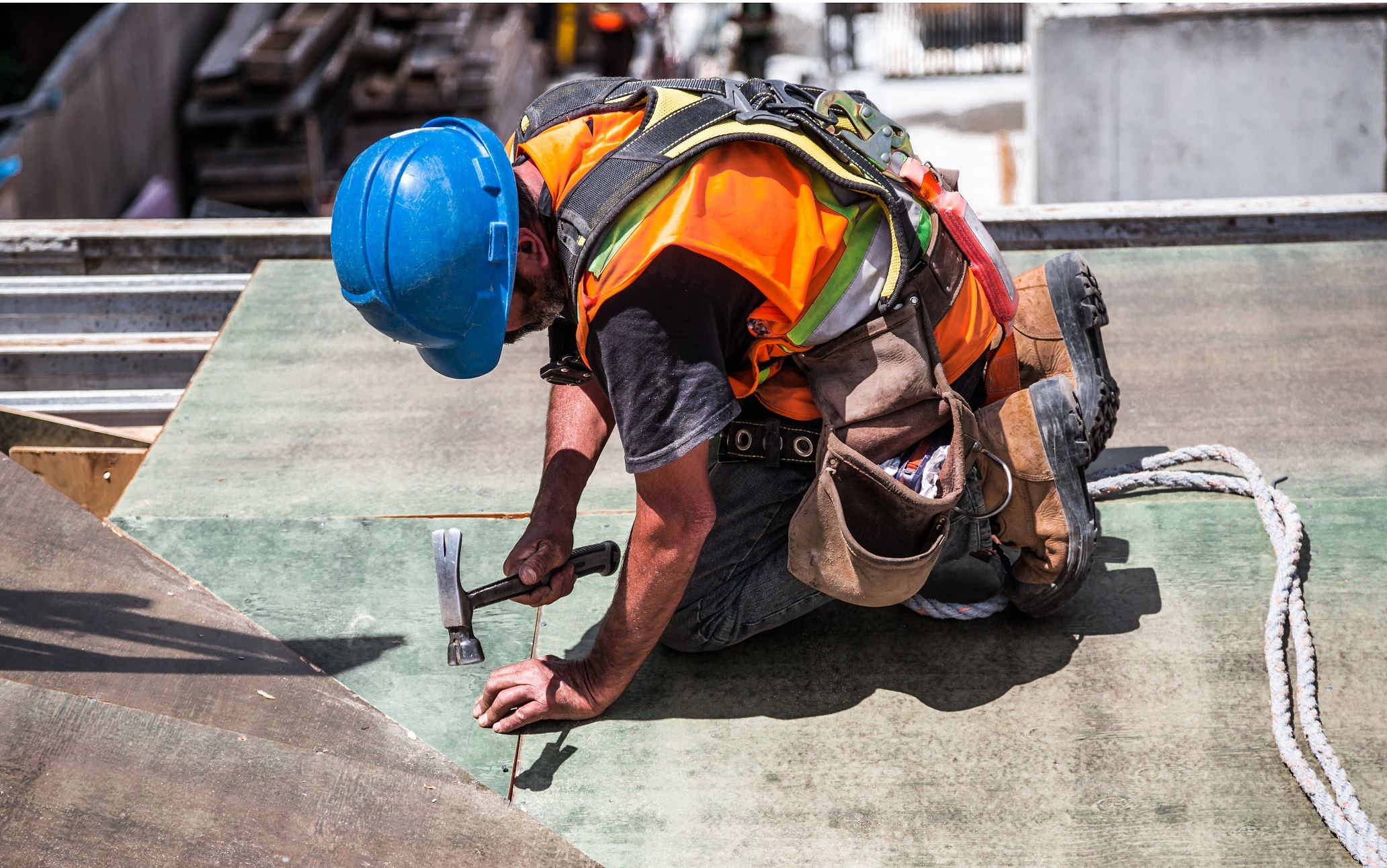A shake-up of VAT rules is set to impact the cash flow of 150,000 small and medium businesses in the UK construction sector as HMRC press ahead with the new VAT domestic reverse charge regime, a regime which had been previously postponed.

From 1 March 2021 the VAT domestic reverse charge must be used for most supplies of building and construction services. The charge applies to standard and reduced-rate VAT services that are:
- For individuals or businesses who are registered for VAT in the UK
- Reported within the Construction Industry Scheme
What is the Domestic Reverse Charge and why is it being introduced?
A measure intended to clamp down on perceived tax evasion within the construction industry, the new regime shifts the responsibility of VAT payment from the supplier to the customer, who will have to pay the VAT due directly to HMRC, reported through the Construction Industry Scheme.
This guidance already provided by HMRC clearly puts a significant onus on businesses in terms of the amount and type of information they require concerning the suppliers and customers with whom they are involved.
This, combined with HMRCs ongoing investigations into labour providers and the amount of information businesses are expected to provide to about their activities, gives us reason to believe that this will be an area HMRC will soon target.
For more information regarding what you will need to do, including when you must use the VAT reverse charge, the Government have published further guidance which you can access by clicking here.
Penalties and other implications
HMRC are expected to adopt a light touch in the early stages of the new regime to ease the transition, after which we expect that they will then harden their stance on non-compliance, looking to target intentional avoidance and increase revenue from the scheme.
The current VAT penalty regime allows HMRC to impose penalties up to 30% of the VAT due for relatively simple errors, and up to 70% if they consider the errors were more serious.
Were aware of some businesses that have been left with a significant VAT bill where (through no fault of their own) they are left out of pocket, for example where VAT has been incorrectly charged to them and when, on the advice of HMRC they seek to recover the VAT, the supplier has disappeared or gone out of business.
It will therefore be crucial to ensure the domestic reverse charge is operated correctly.
How we can help
Here at Smith Cooper, we have a specialist team of VAT advisors who have extensive experience dealing with VAT and other indirect tax issues from all perspectives.
From compliance reporting and in-depth process reviews, to general consultancy and advice on transactions, Gavin and the wider VAT team provide bespoke services, tailored to meet individual requirements.
We can provide advice and guidance on the operation of the reverse charge and depending on the exact nature of the review, the fees for our assistance start from £750 plus VAT. If you would like to know more, get in touch here.




